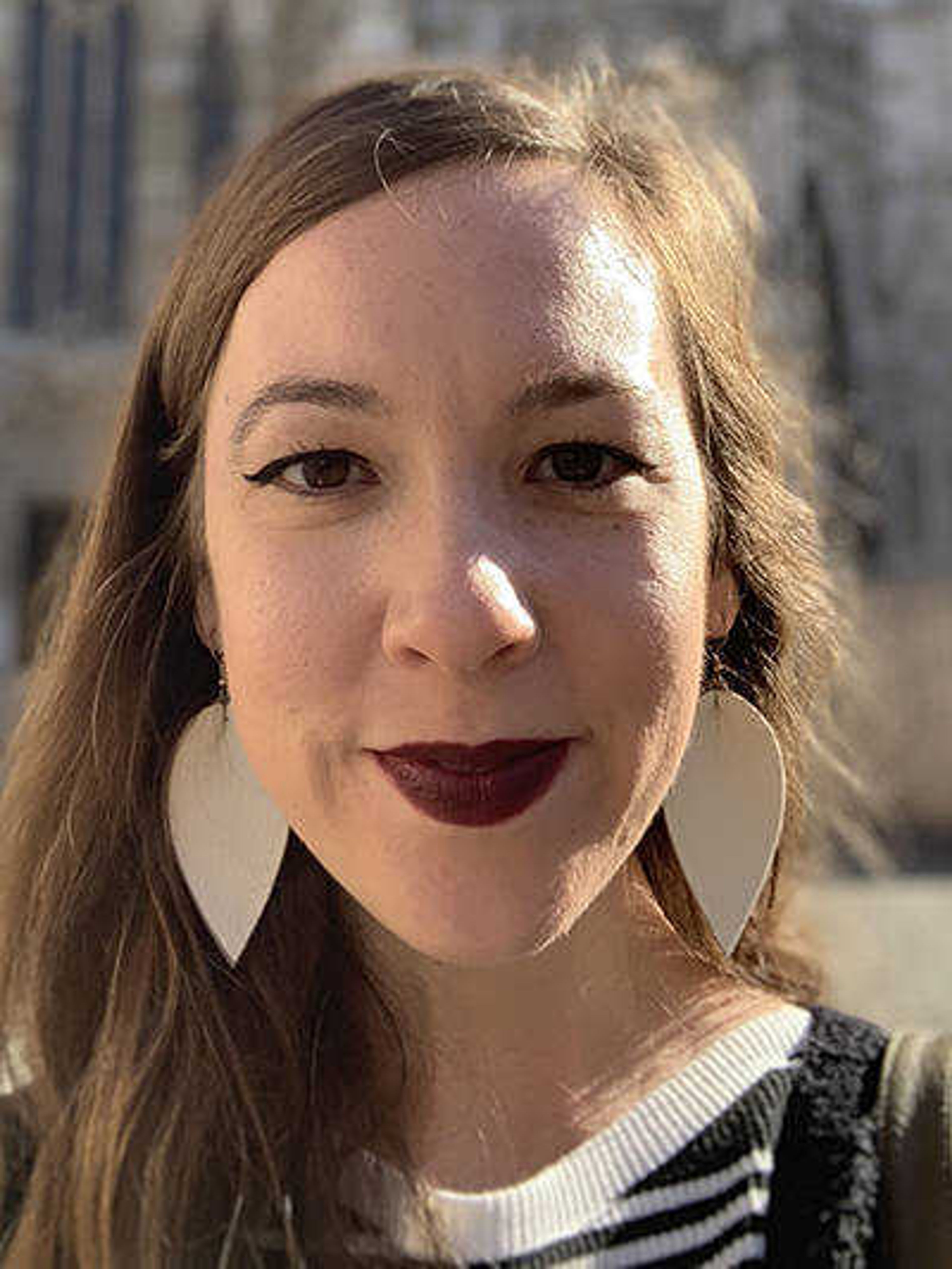Opening ourselves for growth
A farmer sees the tired, hardened soil that is ready to be seeded once more, soil counted on for the harvest he needs. He knows it does not bear fruit overnight. So, the farmer first invests his time, labor and love into plowing the patch, breaking up the earth and turning it over, exposing the soft underside that weathered the winter below the cracked surface. The hardened ground served its purpose, and now its thawing as Earth tilts toward the sun gives the farmer permission, says it's time...
By Mia Pohlman
A farmer sees the tired, hardened soil that is ready to be seeded once more, soil counted on for the harvest he needs. He knows it does not bear fruit overnight. So, the farmer first invests his time, labor and love into plowing the patch, breaking up the earth and turning it over, exposing the soft underside that weathered the winter below the cracked surface. The hardened ground served its purpose, and now its thawing as Earth tilts toward the sun gives the farmer permission, says it's time.
Jesus understood gardening, John writes in 15:5. Jesus talks to his friends after supper, saying, "I am the vine, you are the branches. Whoever remains in me and I in him will bear much fruit, because without me you can do nothing." He knows: the effects of sin are their own punishment. We know sin causes unhappiness, brokenness, separation from God, ourselves and others. It is a shrinking, a withering, a closing in to ourselves.
Thomas Merton, sitting in a field perhaps, reflecting on identity, wrote, "Therefore each particular being, in its individuality, its concrete nature and entity, with all its own characteristics and its private qualities and its own inviolable identity gives glory to God by being precisely what He wants it to be here and now, in the circumstances ordained for it by His Love and His infinite Art." In this reflection that ends up in a collection entitled "New Seeds of Contemplation," Merton goes on to write people are co-creators of our lives with God, and we must seek God to shed our false selves and become our true self, bringing the most glory to God. God, the vine, is the only one who can teach us to find God, the only one in whom we can abide to bear fruit.
Here and now, reading these words, where are you being called to abide? Not in sin, but in the streams of life-giving water, in the one who has overcome sin, spreading out your roots to soak up what will give you life, and in giving you life, give and sustain life for others. A tree produces food to give people energy only by being alive itself, and to be alive it must be rooted in a way which allows it to reach out and soak up water, to spread its leaves and absorb sunlight. It cannot create the sunlight and water it needs, so it opens its leaves. It stretches them out, like opened palms, to receive. Then, after much soaking in, it can give.
Perhaps saying "thank you" is a sort of stretching of our leaves, an opening of our palms. "Thank you" receives and gives, acknowledges something that is ours does not come from us, offers something back. Thank you for each thing, for everything.
The 12th-century Gregorian chant has the lines: "Tu qui sedes in tenebris spe tua guade: orta stella matutina, sol non tardabit."
Or, as Scott Horton translates: "You who sit in the darkness keeping your hope alive: the rise of the morning star, the sun shall not be slow."
These assurances, while we pray: help us find out who we are.
Connect with the Southeast Missourian Newsroom:
For corrections to this story or other insights for the editor, click here. To submit a letter to the editor, click here. To learn about the Southeast Missourian’s AI Policy, click here.










